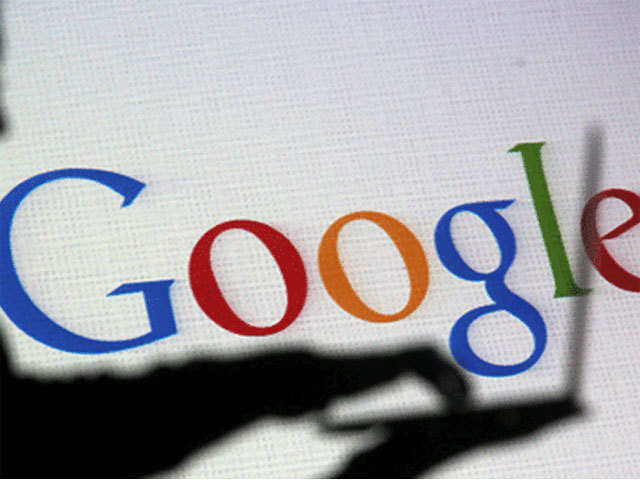/cdn.vox-cdn.com/uploads/chorus_image/image/60705105/Screen_Shot_2018_08_02_at_10.34.38_AM.0.png)
There are more young people online than ever in our current age of misinformation, and Facebook is developing resources to help youths better navigate the internet in a positive, responsible way. Facebook has launched a Digital Literacy Library in partnership with the Youth and Media team at the Berkman Klein Center for Internet & Society at Harvard University. The interactive lessons and videos can be downloaded for free, and they’re meant to be used in the classroom, in after-school programs, or at home.
Created from more than 10 years of academic research and “built in consultation with teens,” the curriculum is divided into five themes: Privacy and Reputation, Identity Exploration, Positive Behavior, Security, and Community Engagement. There are 18 lessons in total, available in English; there are plans to add 45 more languages. Lessons can be divided into three different age groups between 11 and 18, and they cover everything from having healthy relationships online (group activities include discussing scenarios like “over-texting”) to recognizing phishing scams.
/cdn.vox-cdn.com/uploads/chorus_asset/file/11912397/Screen_Shot_2018_08_02_at_10.59.10_AM.png)
The Digital Literacy Library is part of Facebook’s Safety Center as well as a larger effort to provide digital literacy skills to nonprofits, small businesses, and community colleges. Though it feels like a step in the right direction, curiously missing from the lesson plans are any mentions of “fake news.” Facebook has worked on a news literacy campaign with the aim of reducing the spread of false news before. But given the company’s recent announcements admitting to the discovery of “inauthentic” social media campaigns ahead of the midterm elections, it’s strange that the literacy library doesn’t call attention to spotting potential problems on its own platform.

 8/15/2018 11:00:00 AM
8/15/2018 11:00:00 AM
 K.D
K.D


/cdn.vox-cdn.com/uploads/chorus_image/image/60705105/Screen_Shot_2018_08_02_at_10.34.38_AM.0.png)
/cdn.vox-cdn.com/uploads/chorus_asset/file/11912397/Screen_Shot_2018_08_02_at_10.59.10_AM.png)

/cdn.vox-cdn.com/uploads/chorus_image/image/60721313/acastro_180501_1777_facebook_dating_0003.0.jpg)



.png)
